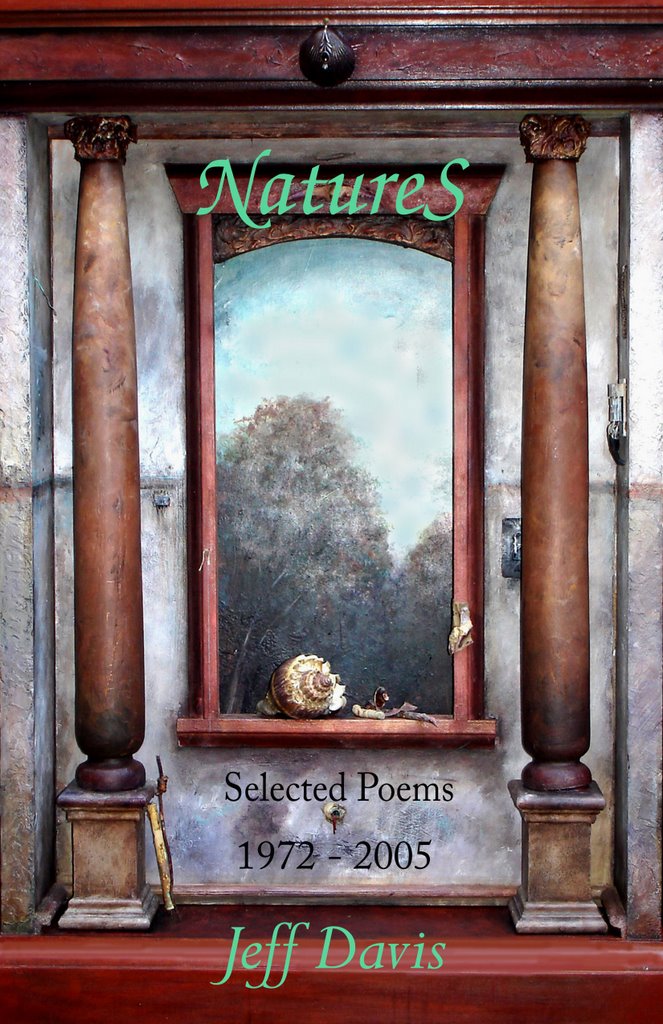Today the Governor's office put out a press release announcing the appointment of Cathy Smith Bowers as North Carolina's new Poet Laureate:
Beverly Eaves Perdue Governor

State of North Carolina
Office of the Governor
20301 Mail Service Center • Raleigh, NC 27699-0301
January 29, 2010
Contact: Chrissy Pearson
(919) 733-5612
Gov. Perdue Appoints Cathy Smith Bowers as the New State Poet Laureate
RALEIGH - Gov. Bev Perdue announced today the appointment of Cathy Smith Bowers of Tryon as North Carolina’s Poet Laureate. Smith Bowers will be installed at a ceremony scheduled Wednesday, Feb. 10, at 4:30 p.m. at the State Capitol. The ceremony is open to the public.
“Cathy’s powerful poems open new avenues of thought, and are a reflection of the love of words and learning. She believes poetry inspires and instructs North Carolinians of all ages,” Gov. Perdue said.
Smith Bowers teaches in the UNC Asheville’s Great Smokies Writing Program and in the M.F.A. program at Queens University of Charlotte where she received the 2002 J.B. Fuqua Distinguished Educator Award. She also received the Gilbert-Chappell Distinguished Poet Award given by the North Carolina Poetry Society in 2006 and 2007. Smith Bowers received a bachelor’s and master’s degree in English from Winthrop University in Rock Hill, S.C.
She is the author of four poetry collections: The Love That Ended Yesterday in Texas, Texas Tech University Press, 1992; Traveling in Time of Danger, Iris Press, 1999; A Book of Minutes, Iris Press, 2004; The Candle I Hold Up To See You, Iris Press, 2009.
###
Readers of Natures will perhaps recollect previous posts on Cathy's work, and her appearances on Wordplay,
here here and
here. I've been a fan since my first encounter with her work, and, though
I'm no doubt biased, believe the governor has made an excellent appointment.
The state's been without a Poet Laureate since June, 2009, which
marked the end of former Laureate Kay Byer's fantastic - and extended - term.
Word was that
the state would not appoint a new one, given the budgetary difficulties it has experienced in the on-going economic calamity. The Arts Council
announced in September, though, that it was accepting nominations, and, fortunately for poetry in the Tarheel world, it has now selected its poet.
Labels: Cathy Smith Bowers, Poet Laureate






